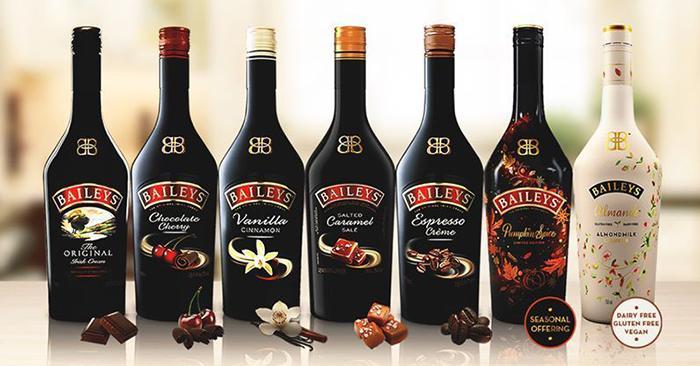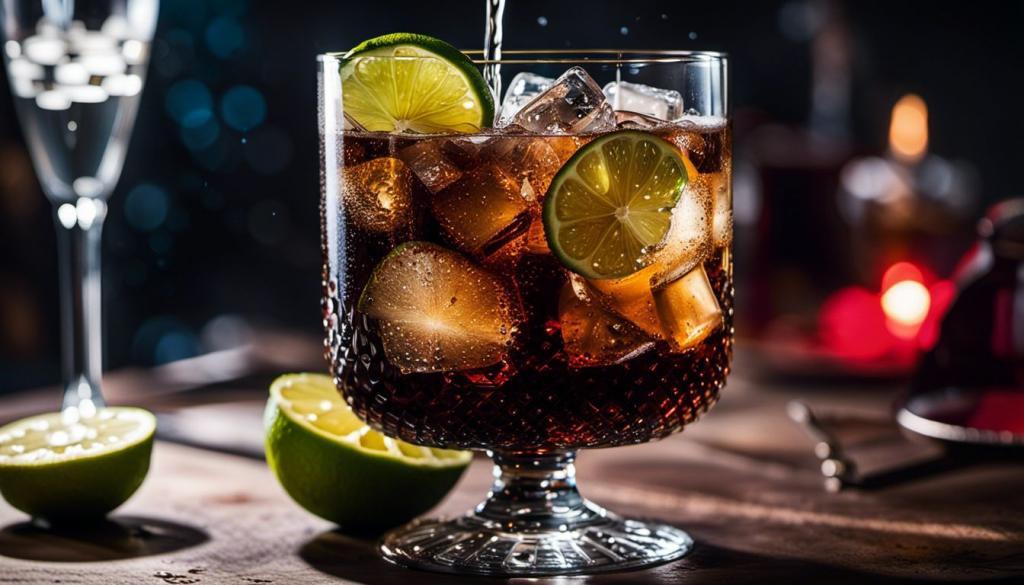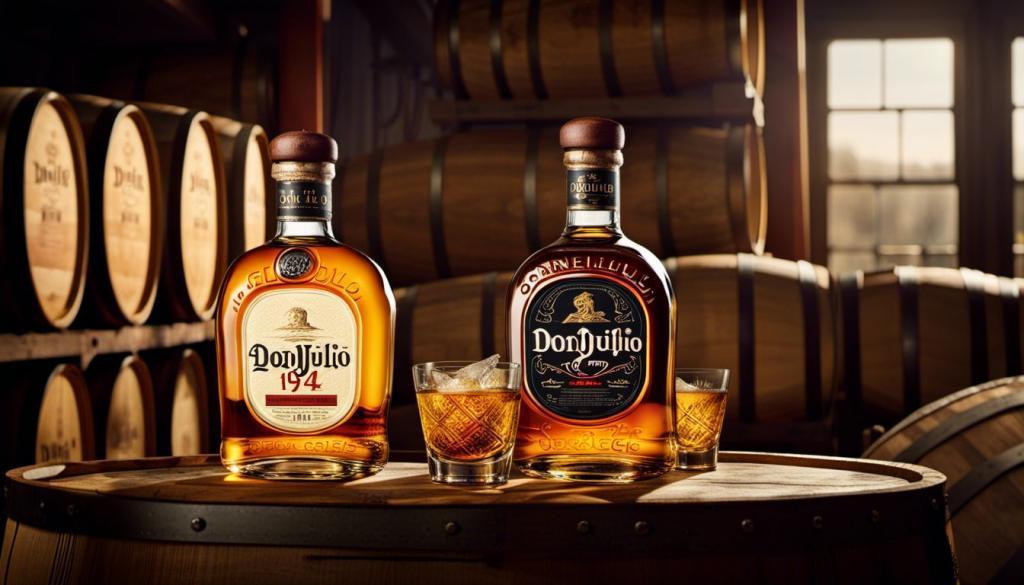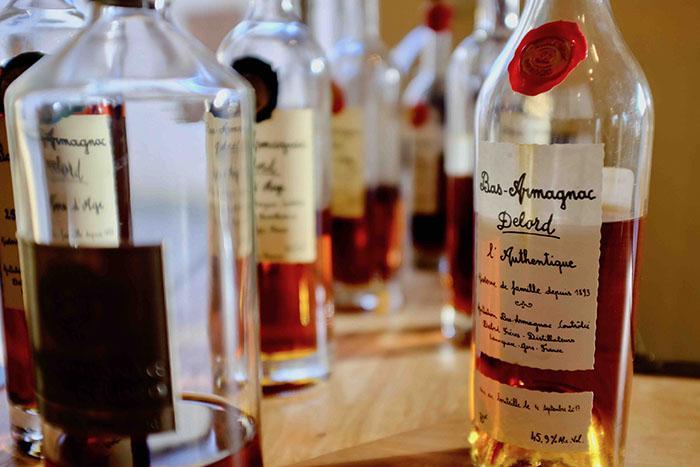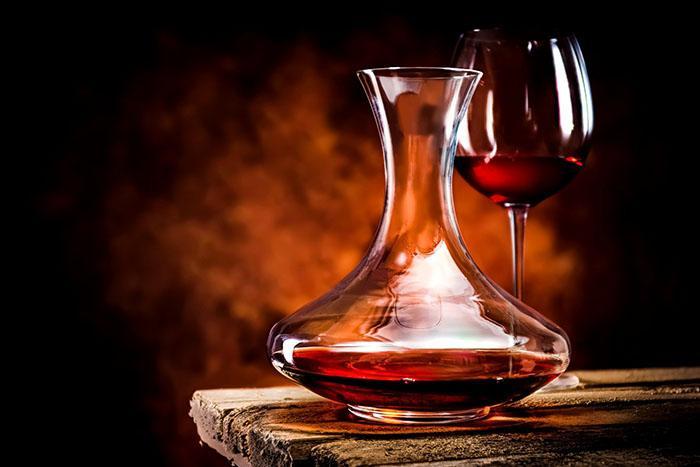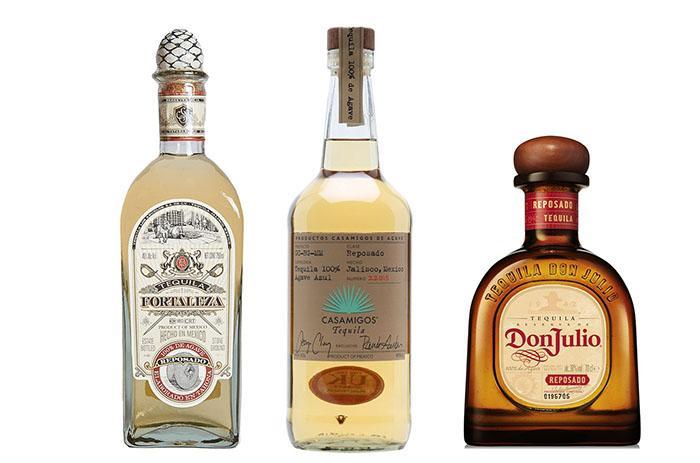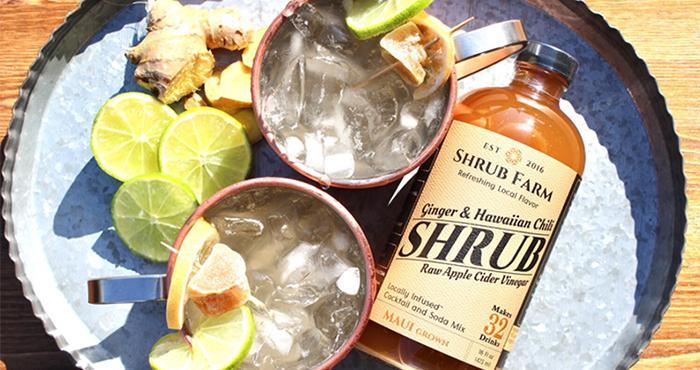Are you curious about the distinct world of mezcal but don’t know where to start?
The intriguing Mexican liquor, made from diverse agave species, can be a delight for both novice and seasoned spirit enthusiasts.
You Are Watching: Types Of Mezcal Updated 10/2024
This article will guide you through different types of Mezcal, from classifications to production methods, helping unravel this unique spirit’s fascinating intricacies. Let’s dive in and quench your thirst for knowledge!
The Three Classifications of Mezcal
There are three legally defined classifications of mezcal: Mezcal, Mezcal Artesanal, and Mezcal Ancestral, set by the Consejo Regulador del Mezcal (CRM).
Mezcal
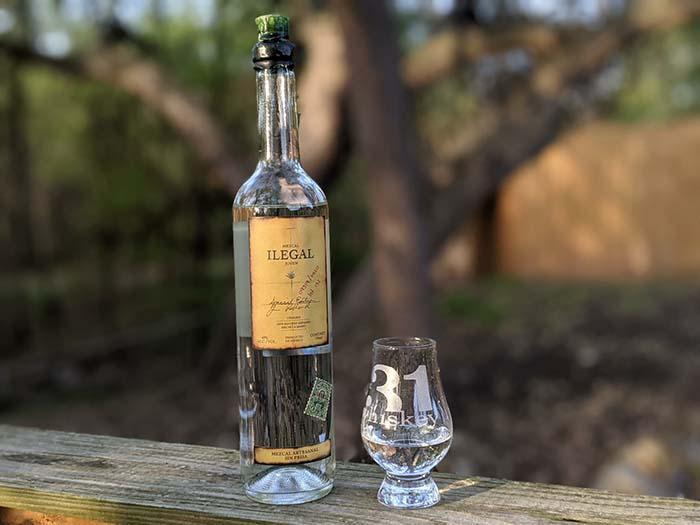
Mezcal is a distinct agave spirit, making its mark in the world of Mexican liquor.
Deemed unique due to governmental regulations, it’s created under Mexico’s “Denomination of Origin,” restricting its production to certain regions and methods passed down through generations.
Unlike tequila which uses only blue agave, mezcal can be produced from approximately 30 different species of agave, each bringing unique flavor profiles to the table.
Known for varieties such as Joven, an unaged expression most commonly available on market shelves, Mezcal boasts versatility that extends beyond mere consumption straight from the glass.
It stars dynamically in numerous cocktails like Mezcal Margarita or Mezcal Mango Smash designed to excite your taste buds with complex tastes and aromas.
Mezcal Artesanal
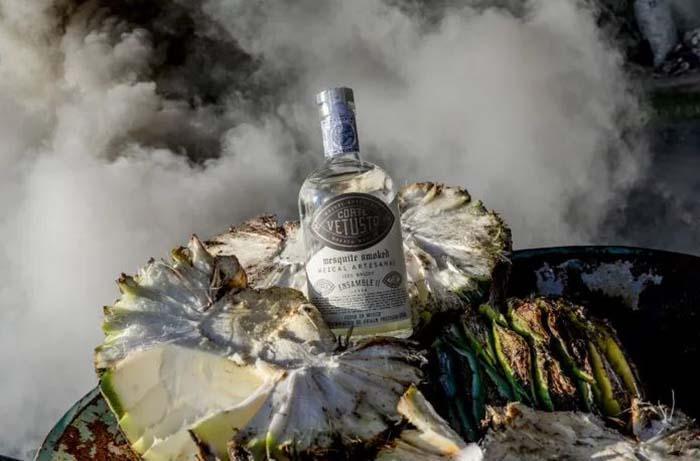
Mezcal Artesanal is a classification of mezcal that represents the traditional artisanal production methods used to create this unique spirit.
It is crafted with great care and attention to detail, ensuring a high-quality product that showcases the rich cultural heritage of Mexico.
Mezcal Artesanal is made using traditional clay or copper stills, which play a crucial role in capturing the distinctive flavors and aromas of the agave plant.
This type of mezcal undergoes a slow distillation process, allowing for greater complexity and depth in its flavor profile.
With its authentic craftsmanship and dedication to tradition, Mezcal Artesanal offers alcohol enthusiasts an opportunity to experience true Mexican liquor at its finest.
Mezcal Ancestral
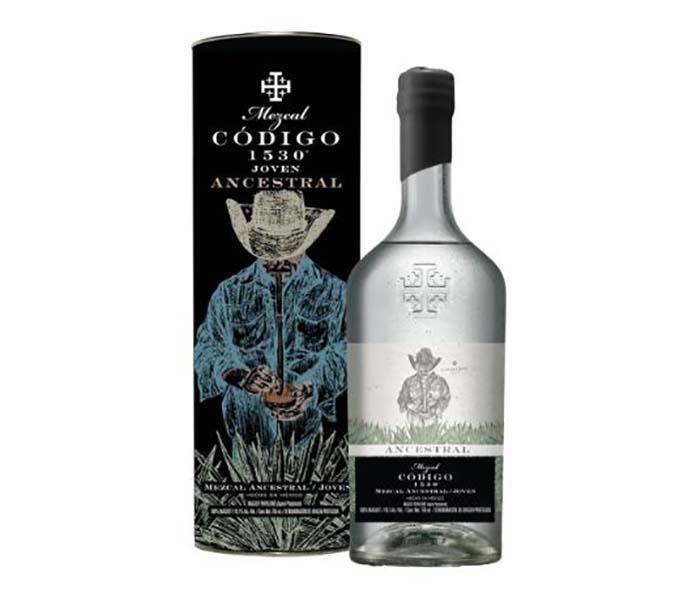
Mezcal Ancestral is a type of mezcal that embraces the traditional and ancient methods of production.
It is made using ancestral techniques that have been passed down through generations, preserving the authenticity and cultural heritage of this Mexican spirit.
The agave used for Mezcal Ancestral is harvested wild from the mountains, giving it a unique and distinctive flavor profile.
This type of mezcal has a deep connection to the land, with each sip carrying the essence of its origin.
Mezcal Ancestral truly honors the rich history and craftsmanship behind this beloved alcoholic beverage.
Distinct Varieties of Mezcal
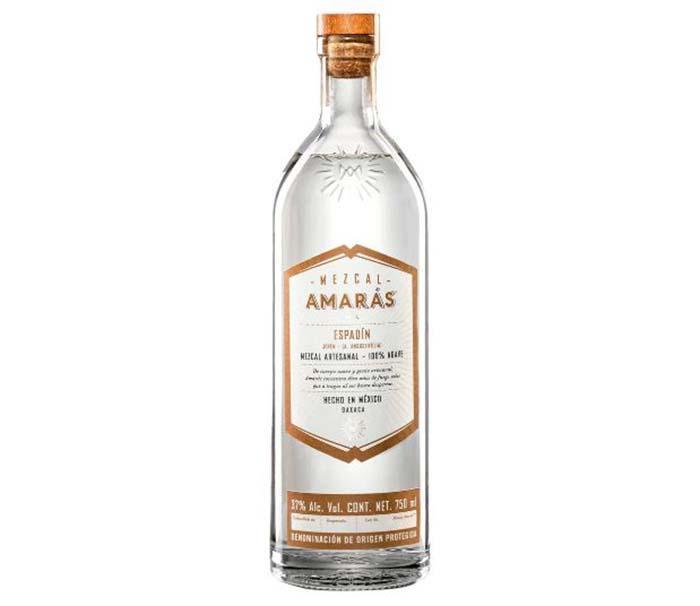
Espadín
Espadín is one of the most commonly used agave varieties in mezcal production. It is known for its versatility and ability to grow in different climates, making it widely available and affordable.
The flavors of Espadín mezcal are often described as smoky, earthy, and slightly sweet, with hints of tropical fruit.
This popular variety contributes to the distinct taste profile that mezcal enthusiasts appreciate.
Read More : What Is A Mocktail Updated 10/2024
Whether sipped neat or mixed into a cocktail like a Mezcal Margarita or Mezcal Paloma, Espadín offers a unique sensory experience that captures the essence of traditional Mexican alcohol.
So next time you’re exploring the world of mezcal, be sure to try an expression made from Espadín agave for an authentic taste adventure.
Tobalá
Tobalá is a specific variety of agave used in the production of mezcal. It is known for its unique and complex flavor profile, making it highly sought after by mezcal enthusiasts.
Grown predominantly in the mountainous regions of Mexico, Tobalá takes longer to mature compared to other agave species, sometimes up to 15 years.
This extended maturation period contributes to its distinctive taste and aroma, characterized by earthy notes and hints of tropical fruit.
Due to its limited availability and high demand, Tobalá mezcal is often considered a premium spirit that offers a truly exceptional drinking experience.
So if you’re looking to explore the world of mezcal beyond the usual offerings, Tobalá should be at the top of your list.
Tobaziche
Tobaziche is a unique variety of agave used in the production of mezcal, known for its distinct flavor profile.
Native to certain regions of Mexico, Tobaziche adds an intriguing and complex character to this traditional Mexican alcohol.
With its long leaves and grayish hue, Tobaziche agave produces a mezcal that boasts earthy notes with hints of citrus and herbaceous undertones.
This particular variety is highly sought after by connoisseurs looking for something truly exceptional in their mezcal tasting experience.
From artisanal distilleries to trendy bars around the world, Tobaziche continues to capture the attention and taste buds of mezcal enthusiasts everywhere.
Tepeztate
Tepeztate is a rare and highly sought-after variety of agave used in the production of mezcal.
It is known for its tall, slender appearance and takes around 18 to 35 years to mature, making it one of the slowest-growing species.
The long growth process contributes to Tepeztate’s unique flavor profile, characterized by earthy notes, hints of citrus, and a touch of smoke.
This ancient agave species adds complexity and depth to mezcal expressions, offering alcoholism enthusiasts a truly exceptional drinking experience.
Arroqueño
Arroqueño is one of the distinct varieties of mezcal that enthusiasts and connoisseurs love to explore.
It is made from the agave plant known as Arroqueño, which takes around 25 years to mature before it can be harvested for production.
Known for its robust and complex flavors, Arroqueño mezcal offers a mesmerizing combination of smokiness, earthiness, and hints of tropical fruit.
This agave variety gives the spirit a rich and viscous texture on the palate, making it an indulgent choice for those seeking a unique mezcal experience.
Whether sipped neat or incorporated into creative cocktails, Arroqueño mezcal is sure to captivate your taste buds with its distinctive character and craftsmanship.
Common Types of Agave Used in Mezcal Production
Americana
Americana is one of the common types of agave used in mezcal production. This particular variety, also known as Agave americana or Agave karwinskii, is known for its large size and thick leaves.
It typically takes around 10 to 12 years for Americana agave plants to reach maturity before they can be harvested for mezcal production.
When used in the production process, Americana agave imparts a bold and robust flavor profile to the spirit, with notes of earthiness and smokiness that are characteristic of traditional mezcal.
This agave species contributes to the diversity and complexity of different expressions of mezcal available in the market today.
Angustifolia
Angustifolia is one of the common agave species used in mezcal production. This particular variety of agave contributes to the distinct flavors found in different types of mezcal.
Read More : What Is Grenadine Updated 10/2024
It is known for its sweet and fruity characteristics, which can range from citrusy notes like lemon and grapefruit to floral undertones.
Angustifolia mezcal offers a smooth and well-balanced taste that appeals to those who enjoy a lighter flavor profile.
Its inclusion in the production process adds depth and complexity to this traditional Mexican distilled beverage.
Karwinskii
One of the distinct varieties of agave used in mezcal production is Karwinskii. This particular agave species contributes its own unique flavors and characteristics to the final product.
Karwinskii is known for producing mezcal with a complex, rich profile that includes floral notes, hints of citrus, and a subtle sweetness.
Its longer growth cycle contributes to its complexity, making it a sought-after choice among mezcal aficionados.
The careful selection and harvesting of Karwinskii agave ensure that each batch of mezcal crafted from this variety offers a truly exceptional drinking experience.
Marmorata
Marmorata is a unique variety of agave used in the production of mezcal. This particular agave species is known for its distinctive flavor profile, characterized by floral and fruity notes with hints of citrus.
Mezcal made from marmorata agave tends to have a smooth and velvety texture, making it a favorite among enthusiasts.
It’s worth noting that marmorata is just one example of the many different types of agave used in mezcal production, each contributing its own distinct characteristics to this Mexican liquor.
Whether you’re new to mezcal or an avid fan, exploring the different varieties like marmorata can be an exciting journey into the world of this captivating spirit.
Potatorum
Potatorum, also known as the “tobaziche” agave, is one of the distinct agave species used in mezcal production.
This particular variety adds its own unique flavor profile to the spirit. It is grown primarily in Oaxaca, Mexico, where it thrives in the region’s unique climate and soil conditions.
Mezcal made from Potatorum has a rich and complex taste with earthy notes and hints of tropical fruit. The plant itself takes approximately 15 years to mature before it can be harvested for mezcal production.
Its long growth period contributes to its exceptional quality and depth of flavor.
Rhodocantha
Rhodocantha is one of the agave species used in mezcal production. It is known for its distinct and unique flavors, adding a touch of complexity to the spirit.
The Rhodocantha agave has thick leaves with sharp spines and can take up to 10 years to mature before it is harvested.
Once fermented and distilled, Rhodocantha mezcal offers a smooth yet bold taste, with hints of earthiness and floral undertones.
This variety adds diversity to the world of mezcal, allowing enthusiasts to explore different flavor profiles and discover their personal preferences within this rich Mexican liquor tradition.
Ensambles
Ensambles is an intriguing type of mezcal that showcases the artistry and creativity of mezcal producers. It refers to a blend of different agave species used in the production process, resulting in a unique and complex flavor profile.
With over 200 species of agave available, ensambles offer a delightful exploration of diverse flavors.
Mezcal distillers carefully select specific agave varieties to create harmonious blends that balance sweetness, earthiness, and smokiness.
This allows enthusiasts to discover new taste experiences with each sip of this Mexican liquor.
Whether enjoyed neat or in cocktails, ensambles highlight the versatility and craftsmanship behind mezcal production.
Conclusion
In conclusion, the world of mezcal is a diverse and exciting one. With its three classifications Mezcal, Mezcal Artesanal, and Mezcal Ancestral and its distinct varieties made from different species of agave, there is something for every palate.
Whether you’re a fan of Joven or prefer aged expressions like Reposado or Añejo, exploring the world of mezcal will bring you on a journey through centuries-old production methods and unique flavors that cannot be found in any other spirit.
So grab a glass, savor the smoky aromas, and let mezcal transport you to the heart of Mexico’s rich distilling tradition.
Sources: https://chesbrewco.com
Category: Wine

